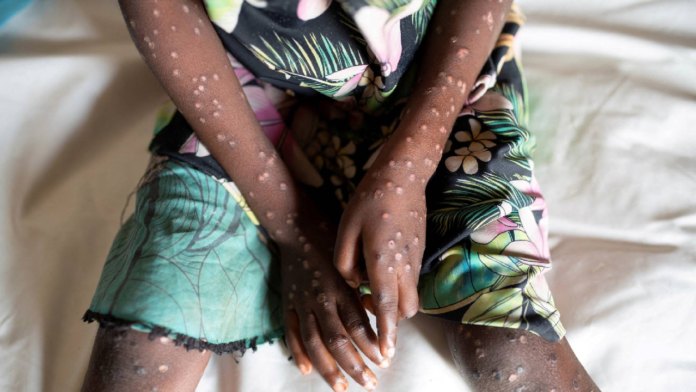Five cases of Monkey Pox (Mpox) diseases have been recorded in Akwa Ibom State, the Disease Surveillance and Notification Officer, Akwa Ibom Ministry of Health, Samuel Etuk, has said.
Mr Etuk who announced the latest case in an interview with journalists in Uyo on Friday, said the state government had earlier disclosed four outbreaks in the state.
He said that a total of 30 samples were collected across different local government areas for diagnosis and that four of them tested positive for Mpox.
“Four cases were confirmed, three of them are male, and one female, they are aged two, four, 12 and 41 years respectively,” he said.
“This confirmation was by the Breakthrough Action Nigeria in collaboration with the Tuberculosis and Leprosy Control Programme.
“We have another positive case of Mpox, this latest case brings the total number of confirmed cases in the state to five,” he said.
Mr Etuk said that contact tracing for any transmission was being conducted while the affected persons had been kept in isolation.
The disease surveillance officer said that 10 community-based informants had been engaged to work in catchment areas.
“They will be reporting to the health facility focal person who will communicate the local government disease surveillance and notification office.
“The full report will later be submitted to the state ministry of health for prompt actions,” he said.
He added that Mpox could be transmitted from one person to another through urine, faeces, blood, sexual contact, broken skin, eyes, nose, mouth, and contact with skin lesions and oral secretions.
Etuk listed the symptoms to include headache, swollen lymph nodes, fever, back and muscle pain, and lack of energy.
“Another symptom is rashes, it begins on the face and gradually affects other parts such as palms, soles and feet,” Mr Etuk said.
The officer said that Mpox could be prevented by avoiding contact with infected persons or animals.
He listed other preventive measures as, regular hand washing, using hand sanitisers, and use of protective clothing and gloves while handling infected persons or animals.
Mr Etuk advised members of the public to report suspected cases of the disease to the nearest health facility or call a Nigeria Centre for Disease Control office in the area.



